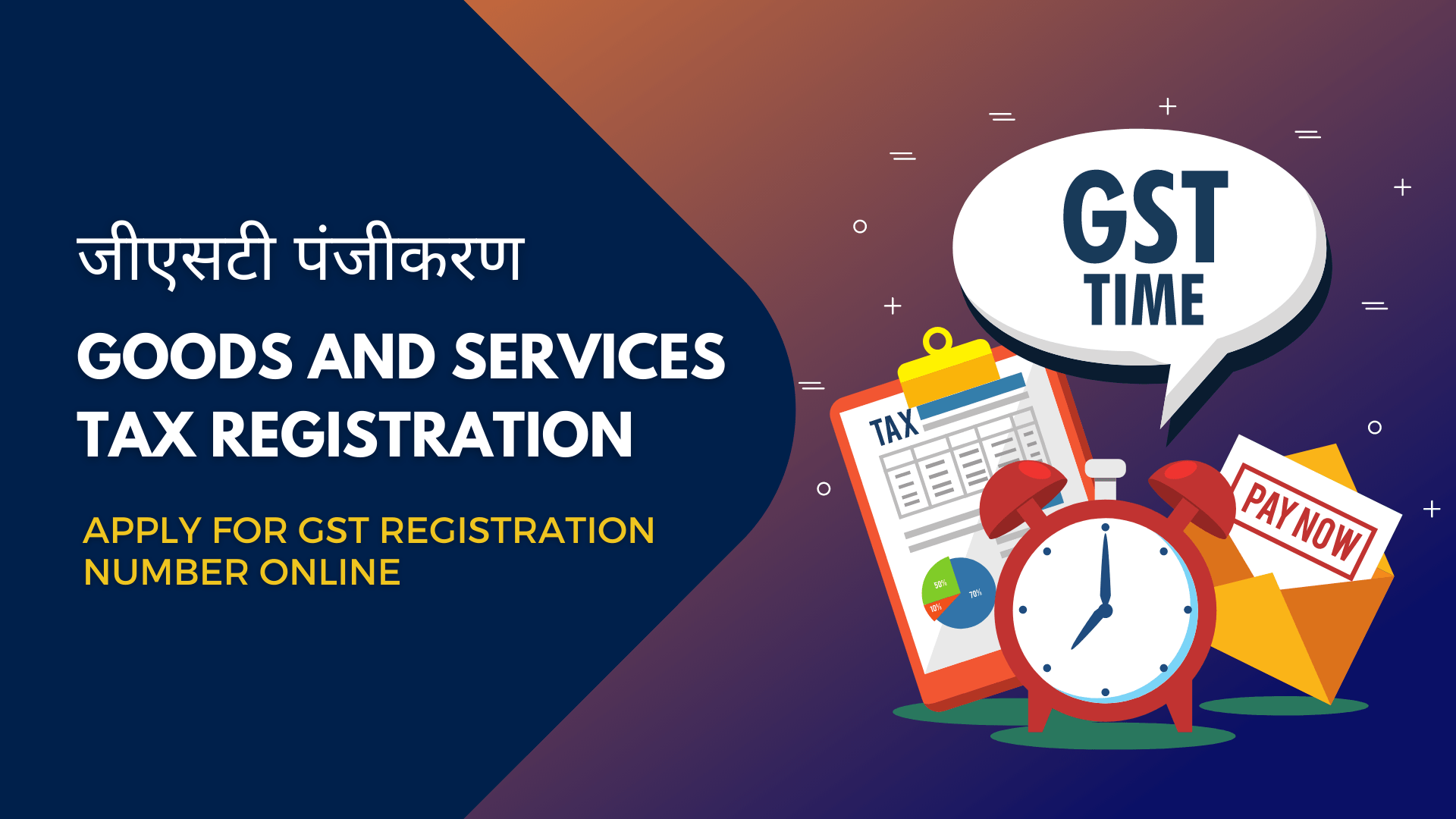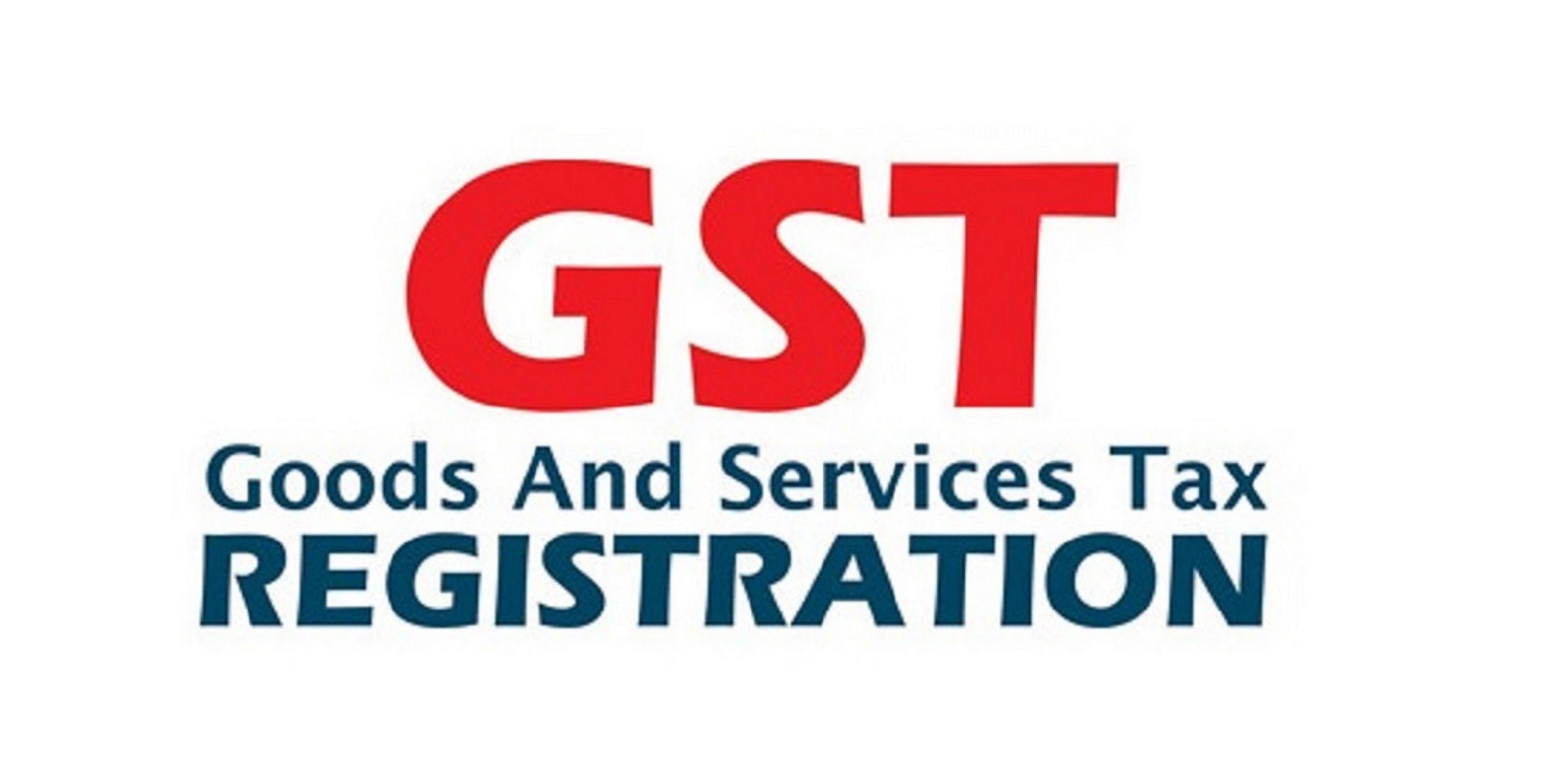From Beginning To End: The Ultimate Roadmap to GST Enrollment for Organizations Looking For Financial Security
Browsing the intricacies of Goods and Provider Tax (GST) registration is a critical action for services making every effort for economic security. Damaging down the roadmap into manageable steps can improve the enrollment trip for businesses looking to enhance their financial standing.
Understanding GST Fundamentals
Diving right into the fundamental principles of Product and Services Tax Obligation (GST) is important for obtaining an extensive understanding of its ramifications on organizations and the economy. Input Tax Credit Score (ITC) is a significant feature of GST, enabling companies to assert credit report for tax obligations paid on inputs, minimizing the total tax problem. Comprehending the essentials of GST is important for companies to conform with tax obligation guidelines, handle their funds successfully, and add to the nation's financial growth by taking part in a transparent tax system.
Eligibility Requirements for Enrollment
To sign up for GST, services need to meet particular eligibility criteria developed by the government. The key qualification need is that any kind of business associated with the supply of products or services with a yearly accumulation turn over over the threshold limit established by the authorities must register for GST. Since the present guidelines, the threshold limitation for GST registration is an annual accumulation turn over of 40 lakhs for services running within a state, with the exception of special group states where the restriction is 20 lakhs. Additionally, particular services are required to sign up for GST regardless of their turnover, such as interstate providers, casual taxed individuals, and services reliant pay tax under the reverse cost device. It is crucial for companies to completely examine their turnover and purchase types to identify their GST enrollment responsibilities properly. Failure to register for GST when eligible can result in penalties and legal consequences, making it important for companies to stick to the defined eligibility standards.
Documents Required for Registration
Having met the eligibility requirements for GST registration, businesses must currently guarantee they have the requisite documents in location to proceed with the enrollment procedure effectively. The records needed for GST registration generally consist of evidence of business constitution, such as partnership deed, registration certificate, or consolidation certificate for different sorts of companies. Furthermore, services require to give files developing the major business, such as a rental agreement or electrical energy bill. PAN card of the company, in addition to the identification and address proof of promoters/partners/directors, are important for verification purposes. Savings account statements, in addition to terminated cheques or a duplicate of the bank passbook, are needed to validate the monetary details offered during enrollment. Services have to have electronic signatures prepared for the licensed signature. Making certain all these papers are organized and conveniently available will expedite the GST registration procedure, enabling businesses to adhere to tax policies perfectly.
Step-by-Step Enrollment Process
Commencing the GST enrollment procedure includes a collection of organized steps to make sure a smooth and certified registration for businesses. The very first step is to go to the GST portal and load out the registration type with precise details of the business entity. Following this, the applicant obtains a Momentary Recommendation Number (TRN) which is utilized to return to the application process if it's not completed in one go.
Next, all needed files according to the list offered by the GST portal requirement to be published. These records typically consist of proof of business address, registration and identity proofs of promoters, financial declarations, and service entity's PAN card.

Post-Registration Conformity Standards

Conclusion
In conclusion, businesses seeking economic security has to understand the essentials of GST, fulfill qualification requirements, gather necessary papers, follow Learn More Here the step-by-step registration procedure, and abide by post-registration guidelines - Best GST registration services in Singapore. By adhering to these actions, companies can ensure compliance with tax laws and maintain economic security in the future
Additionally, particular organizations are called for to register for GST regardless of their turn over, such as interstate providers, informal taxable persons, and businesses responsible to pay tax under the reverse cost device.Having fulfilled the eligibility criteria for GST registration, organizations must currently ensure they have the requisite documents in location to proceed with the enrollment process effectively. The check these guys out documents needed for GST registration generally include proof of business constitution, such as collaboration action, enrollment certificate, or unification certificate for different types of businesses. Furthermore, organizations need to give records establishing the primary area of company, such as a rental contract or electricity expense.Starting the GST registration process involves a series of organized actions to guarantee a certified and smooth registration for services.